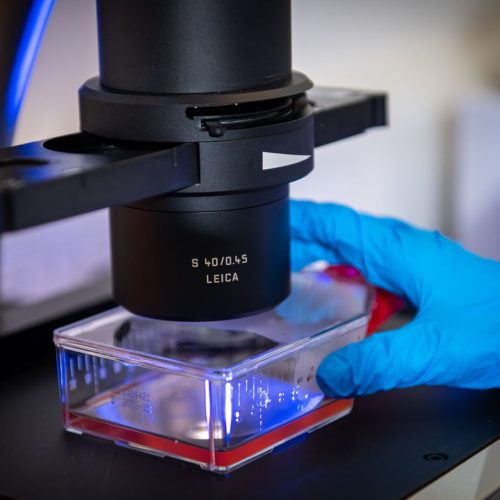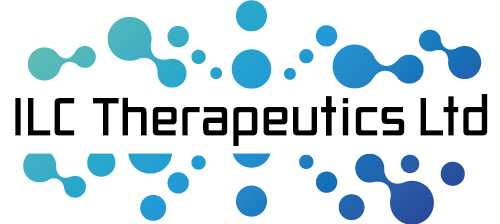A major class of biological signalling molecules

IFNs belong to a large class of proteins known as cytokines, a group of signalling molecules used for communication between cells to mediate and regulate immunity and inflammation.
Since their discovery in 1957, more than 17 Type-I IFN subtypes have been identified, each with distinct biological properties.
A limited number of these natural IFNs have been used effectively in the clinic for almost 40 years. However, they can cause significant side effects, including cytokine release syndrome where an aggressive inflammatory response is triggered, which can be fatal, and autoimmune disorders.
Highly distinct to existing interferon therapeutics, hybrid interferons build on our knowledge of
natural IFNs to combine favourable attributes of specific sub-types and produce novel drug candidates.
